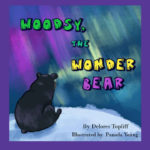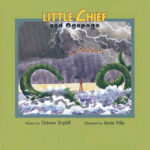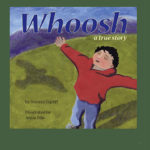
My last post featured the popular phrase, “The pen is mightier than the sword.” I was surprised to find it was written in 1839 by English author Edward Bulwer-Lytton, a contemporary of Charles Dickens. He also originated the phrase, “the great unwashed,” and “the almighty dollar.” However, he is most remembered for less-successful words. The opening sentence of his 1830 novel, Paul Clifford, reads, “It was a dark and stormy night; the rain fell in torrents—except at occasional intervals, when it was checked by a violent gust of wind which swept up the streets (for it is in London that our scene lies), rattling along the housetops, and fiercely agitating the scanty flame of the lamps that struggled against the darkness.”
What?
In Peanuts, beloved cartoonist Charles Schulz often shows Snoopy daydreaming about writing books with that opening.
A contemporary of Charles Dickens, Bulwer-Lytton, a had many writing accomplishments, including some truly successful novels, but is sadly remembered most for this mocked, often-parodied phrase described as, “the archetypal example of a florid, melodramatic style of fiction writing” known as purple prose. In fact, since 1982 San Jose State University has sponsored a Bulwer-Lytton Fiction Contest, “a whimsical literary competition that challenges entrants to compose the opening sentence to the worst of all possible novels.”
Critics admit that Bulwer-Lytton’s original lines did fulfill the requirement of starting with a generalized scene and then filling in specific details. BUT he went too far. It might be funnier if many of us aren’t sometimes guilty of similar overwriting. Meanwhile, we are entertained by intentionally bad entries in recent Bulwer-Lytton contests.
“She slinked through my door wearing a dress that looked like it had been painted on. Not with good paint like Behr or Sherwin-Williams, but with that watered-down stuff that bubbles up right away if you don’t prime the surface before you slap it on, and just like that cheap paint the dress needed two more coats to cover her.”
Another often-quoted favorite: “Edmund waited, then immediately waited again.” And then, “As a scientist, Throckmorton knew that if he were to ever break wind in the sound chamber, he would never hear the end of it.”
I won’t ask you to write similar words, unless you want to enter that contest. Instead, name an author or book whose writing you enjoy. I admire Barbara Kingsolver’s thoughtful, informative fiction and what Annie Proulx accomplishes in her newest ambitious historical, Barkskins. Now, please share yours.






Leave a Reply